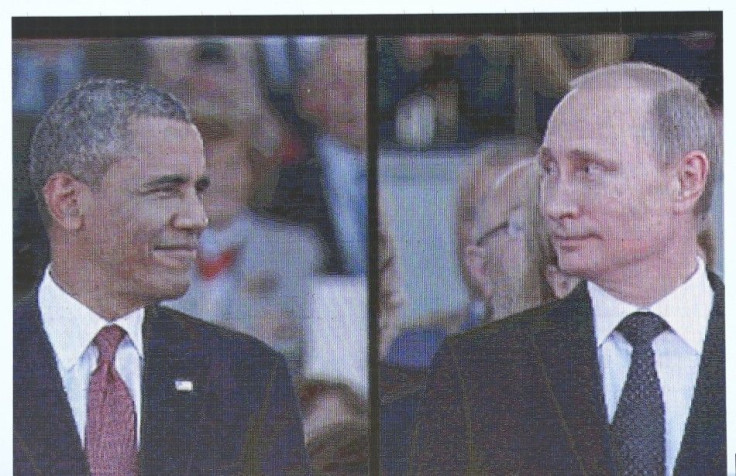2/3 Of Global Military Conflicts Instigated By U.S. – Russian Minister; Willing To Share With Asian Countries Army Modernization Experience

Anatoly Antonov, Russia's deputy Defense Minister, has described the United States as the lone antagonist in the chaos the world is experiencing right now. He said two-thirds of all global conflicts have been instigated by the U.S. under the pretext of democracy.
And the U.S. won't stop creating chaos just in the Middle East. The Russian minister said the Americans have zeroed their eyes in the Asia-Pacific region, this time under the pretext of a North Korean nuclear threat, noting Washington had actively "dragged" the countries in the region so it can execute plans of "implementing their global missile shield."
The interference of President Barack Obama, along with the other American presidents before him didn't bring peace nor democracy to the internal affairs of the countries around the world. At a meeting of South and Southeast Asian defense chiefs in Colombo, Sri Lanka on Thursday, he pointed out and reminded to the world some of the nations the U.S. had infiltrated under the cloak of super hero mentality.
"Call to memory, how it all turned out in Yugoslavia, Iraq, Afghanistan and Syria," he said. In fact, America's meddlesome actions and double standard experiments in supporting terrorists just only fuelled the internal strife in those countries and further provoked destabilization, Antonov said. He noted the U.S. has this fondness of categorising terrorists into good and bad ones. Regardless of slogans, he said, outlaws remain as such and they remain as terrorists.
Bruce Gagnon, an American anti-war activist and coordinator of the Global Network Against Weapons and Nuclear Power in Space organisation, even said middle of this month that the U.S. and NATO are in fact the ones fuelling a global nuclear catastrophe.
Antonov wielded lawful governments were taken down in those countries because the U.S. interfered. Thus, chaos, abuse of power and lawlessness spread leading to deaths of civilisations. All these happened because "Western political spin masters add populist slogans to the fire of public discontent, provoking mass disturbances using social and economic difficulties, various ethnical and religious conflicts and under the pretext of spreading democracy."
He singled out the current scenario happening in Ukraine and in Syria where the U.S. chose to side with the terrorists rather than the legitimate governments. Thus, in the case of Syria, ISIS was born. In the case of Ukraine, the situation in the country was the fault of the U.S. because it supported "an unconstitutional power takeover," thus "pushing Ukraine to the abyss."
Antonov cautioned other countries in the Asia Pacific region they could be next. He said the U.S. will improve its global missile defense because it wants to weaken the regional and international security in the Asia-Pacific region. He therefore told the countries in the region that Russia is ready to share its army modernization experience with them. Countries in the Asia Pacific include India, China, Vietnam, Cambodia, Laos, Myanmar, Malaysia and Indonesia, among others.
Anatoly Gulyaev, head of the Armaments Department at the Russian Defense Ministry, told Rossiya 24 television that Russia had modernized over 40 percent of its military hardware, way above the 2016 schedule. Russia announced in 2008 that it conduct a large-scale military reform as well as upgrade its arsenal by 2020 to the tune of 20 trillion rubles ($430 billion at the current exchange rate).





















